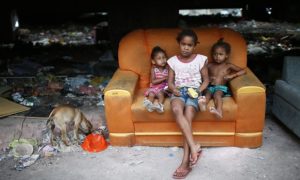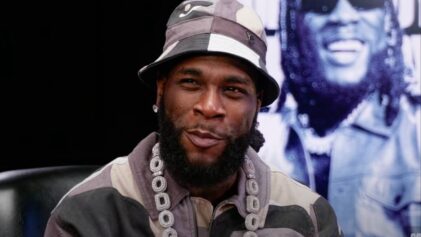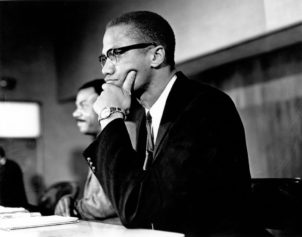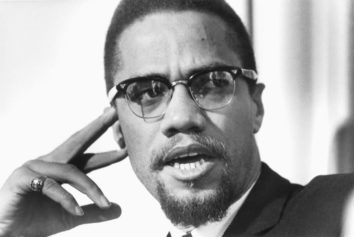
Children in one of the largest favela complexes in Rio de Janeiro, Brazil. Thousands are being displaced ahead of 2016 Olympics and losing access to social services. (Mario Tama/Getty Images)
After successfully hosting the 2014 World Cup, Brazil is gearing up for another international tournament— the 2016 Olympics. However, not everyone is happy at the government’s preparations.
According to The Guardian, favela (slum) dwellers, who are mainly Black and brown, are complaining the government is carrying out multiple human rights abuses in order to prepare for the Olympics.
The Guardian reports that a coalition of activists led by the Comité Popular have complained of evictions, police violence and poor labor conditions. The group is calling for the International Olympics Committee to investigate potential human rights abuse.
A report titled, The Exclusion Games, said 4,120 families lost their homes and 2,486 have been threatened with eviction because of construction projects related to World Cup and the Olympics.
The Brazilian police have been accused in the past of operating deaths squads that “cleansed” children who were living on the streets. It seems the same thing is happening now. The Exclusion Games report says there has been an increase in police and army violence as Brazil geared up to host these huge international sporting events.
According to a report from Terres De Hommes, a non-governmental organization, several children gave videotaped testimony describing how their communities were demolished to make room for the Olympic Park. A 13-year-old boy named Gabriel was shot after the army moved into the Complexo da Maré favela complex ahead of the World Cup.
Some children fared even worse than Gabriel. According to a report from Dundee University and Catholic University of Rio de Janeiro, several street children simply vanished after “social cleansing” programs.
Brazil prides itself on being a multiethnic country, where all of the races, Black, Caucasian, Native American, get along, but dig a little deeper and you’ll find tensions. Most of the people who live in the favelas are Black and brown, and most of the high-ranking politicians and wealthy elite are white, even though they may claim to have Black ancestry. Just like in America, race and wealth are often connected. In the 2010 census about 50 percent of the Brazilian population identified as Black. But according to IPEA, a government think thank, white income is double that of Blacks. The Economist also stated Blacks made up only 7 percent of Rio’s wealthier neighborhoods.
One of the reasons why the favela dwellers were able to be thrown out of their homes is because they had little political representation. Brazil appointed its first Supreme Court Justice Joaquim Barbosa in 2003. In a Reuters article, he complained about the glaring lack of Black people in government. According to The Voice, a paper that serves the Black community in Britain, although Brazil has the largest second largest population of Black people behind Nigeria, people of African descent are often found in low-level positions. The Voice said, “The person who takes your car keys, welcomes you into a shop or washes your dirty clothes in São Paulo is almost certain to be black or mixed.”
In many ways, Brazil is in need of Black pride movement similar to what happened in America in the 60s and 70s. (The government has implemented quotas to help boost the number of Black Brazilians admitted to college).
According to The Voice, this is beginning to happen in the major cities, Some Black people are beginning to wear their hair in Afros and hip-hop is extremely popular.
Malaak Shabazz, daughter of legendary civil rights activist Malcolm X, was a guest during Black Awareness Week, which is held on Nov. 20 in Brazil to honor the death of Zumbi, the leader of a revolt for enslaved Africans. During her visit, Shabazz was asked how Black Brazilians could be more like Black people in America.
“You have to heal the divisiveness here in the Black community. Some Blacks don’t even know they’re Black,” said Shabazz, according to The Voice. “Which, when they’re darker than you and their hair is nappier than mine, makes you think. We have that in the United States too. So it’s really a psychological thing, and cultural, so a lot of healing needs to go on.”


